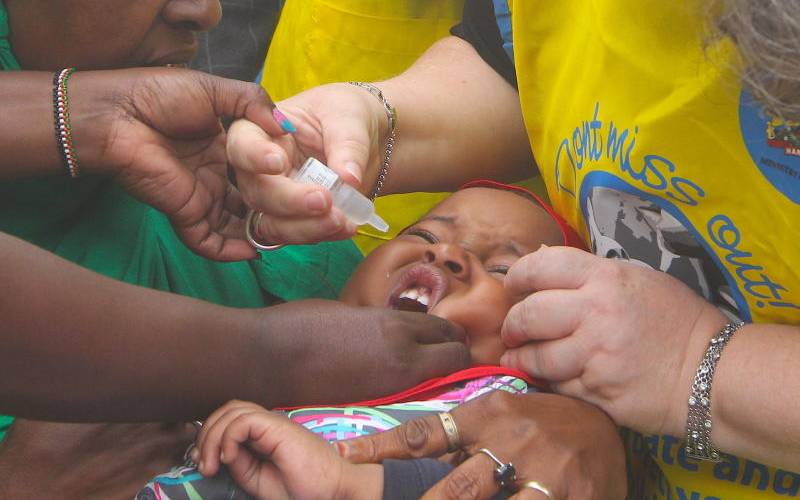×
The Standard e-Paper
Home To Bold Columnists

Neema is a joyful, playful and healthy child. I am drawn to her by more than just her character. It is anchored right from a deliberate early healthy start to life strongly supported by parents who took her for the routine childhood vaccinations.
Additionally, there must have been a resilient health system that ensured the critical childhood vaccines were available.